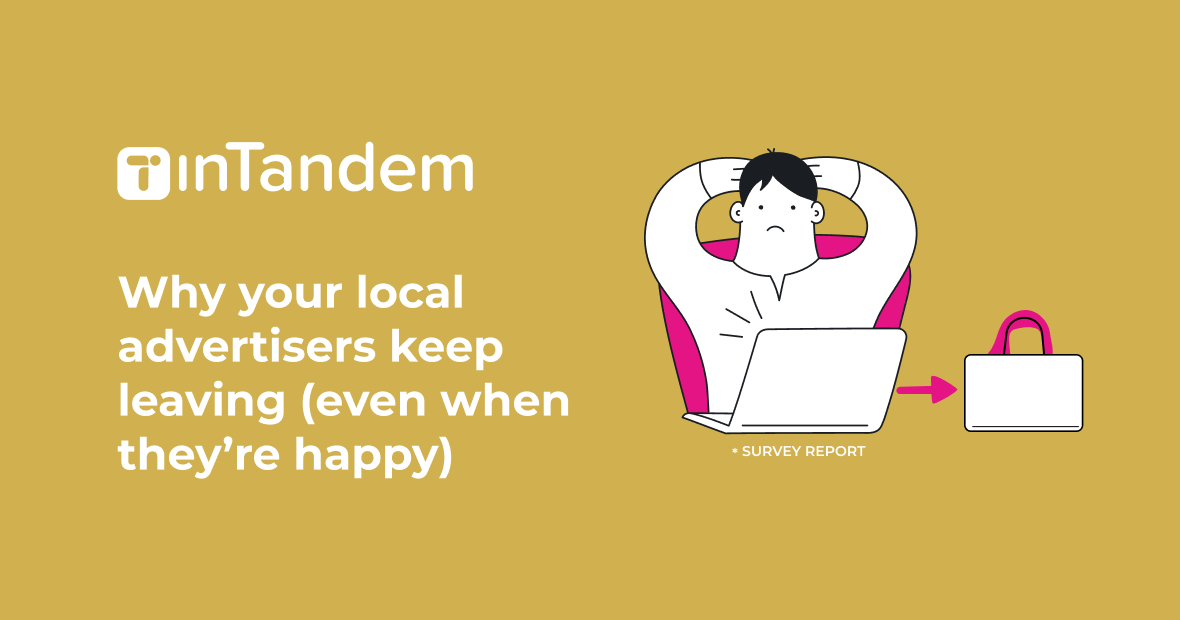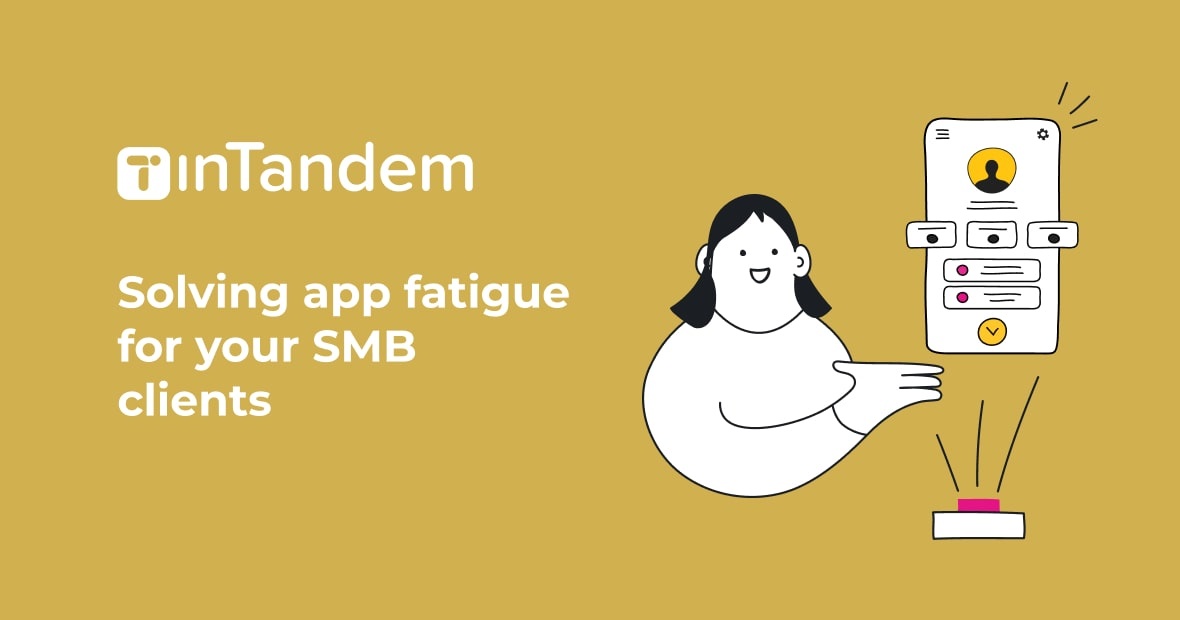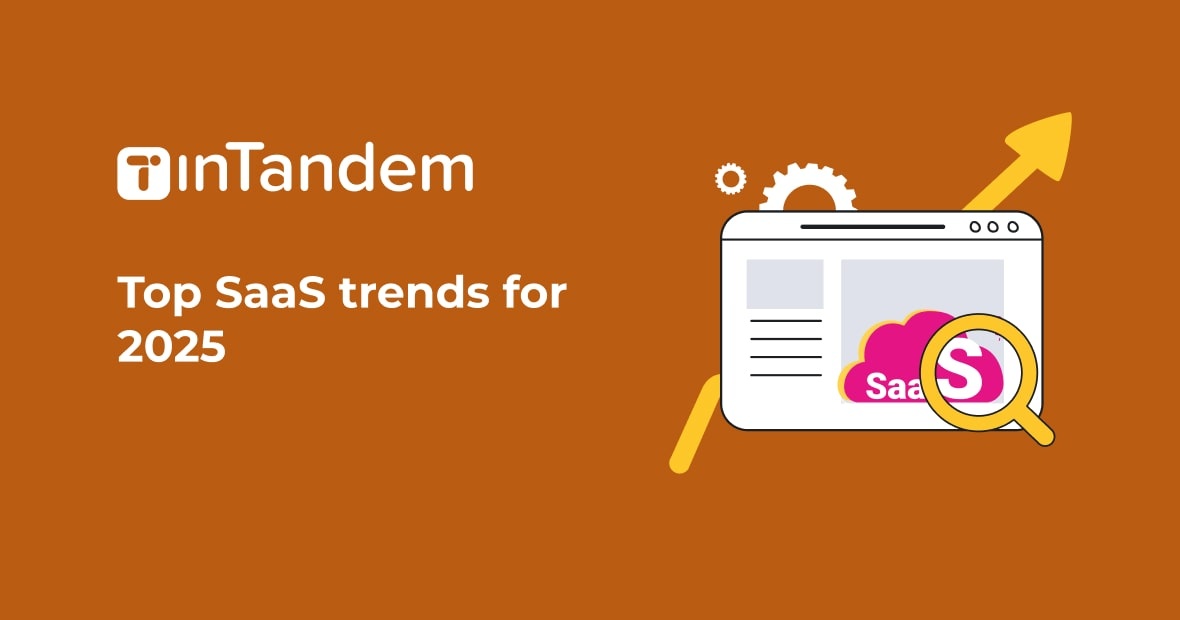Digital transformation is a buzzword nowadays. It refers to the process of integrating digital tools into every aspect of your business, including technologies like automation, artificial intelligence (AI) and machine learning (ML), cloud computing, and business analytics. Digital transformation solutions bring numerous benefits to businesses of every size, making them more efficient, agile, and profitable.
Large organizations and enterprises have traveled a long way down the road of digital transformation, using digital transformation solutions to optimize processes, enhance customer experiences, improve decision-making, and create new business models. But small businesses are lagging behind. Many SMB owners are nervous about digital tools. They might not have strong digital skills, and aren’t confident about their ability to maintain or secure digital solutions.
This hesitation is holding small businesses back from scaling, and undermining their ability to compete in an increasingly digital world. If anything, small business digital transformation is more critical than for large companies. Small teams need digital tools to help them punch above their weight, spot opportunities in the market, cut costs and maximize their competitive edge.
This is where SaaS comes into play. Software-as-a-Service, or SaaS, are digital tools that are hosted in the cloud. You pay a subscription fee for the tools you need, log into the app online, and that’s all it takes to access advanced digital transformation solutions. You don’t need any costly infrastructure or tech know-how, because the SaaS provider deals with everything to do with maintenance and security.
SaaS solutions open up a whole new world of digital transformation for small businesses. SaaS digital transformation examples include using a platform like vcita’s all-in-one business management to automate invoicing and billing, or an accounting solution like QuickBooks to streamline bookkeeping and tax prep work. With SaaS solutions like these, small business owners can streamline operations and make better data-based business decisions.
Why small businesses need SaaS
SaaS solutions bring many advantages to small businesses. The list could continue forever, but here are three outstanding reasons why small business owners need to implement SaaS tools in their business.
Improve operational efficiency
One of the biggest benefits of a SaaS solution is that SMB owners and employees can tap into their tools no matter where they are. It’s possible to approve expenses while visiting a client, check upcoming appointments while buying parts, and track project progress while at the dentist. It also allows employees to collaborate effectively from anywhere in the world, improving teamwork and boosting productivity.
SaaS apps also automate many tedious and time-consuming business tasks, like completing invoices, scheduling, email marketing, payments, and more, which frees up work time for tasks that drive revenue. Automation reduces the risks of manual errors creeping in, so you’ll spend less time fixing mistakes and more time focusing on your core operations.
Increase customer satisfaction
SaaS tools offer many ways to improve the customer experience you provide. Apps like vcita’s cloud Customer Relationship Manager (CRM) help SMBs track customer details and interactions with the business in a single location. This enables small businesses to understand customers better and to deliver products and services that meet their needs, offering more personalized service.
What’s more, cloud booking software lets customers schedule appointments without the annoyance of email threads or phone tag. SaaS payment tools enable customers to pay online at their convenience; and a cloud-hosted client portal allows them to manage their own accounts, check the time of their next booking, reschedule, and pay independently, all of which raises the standard of customer satisfaction.
Access much-needed business data
SaaS analytics open up a window into the business that empowers SMB owners to make better decisions and enhance their product or service offering. A cloud-hosted data analytics platform can gather information about customer shopping habits, interactions with online content, demographics, and more. This helps businesses refine their marketing promotions to be more personalized and to develop new products and services.
Cloud business data insights also help small businesses to hone in on their business operations. With the help of SaaS reports, it’s possible to identify unnecessary expenses, spot new market opportunities, and remove friction for customers and from business processes to boost efficiency.
Why use SaaS for digital transformation?
SaaS solutions should be part of every small business’ digital transformation strategy, as the easiest way for small businesses to digitally transform. Here are the main reasons to use SaaS as the gateway to small business digital transformation.
- Accessibility. Because they’re hosted in the cloud, SaaS tools can be accessed from any internet-enabled device, so you’re no longer chained to the desktop.
- Scalability. With SaaS tools, you pay only for the features you need and the number of people using the tool. Add more licenses effortlessly as your business grows.
- Cost-efficiency. SaaS solutions don’t require expensive infrastructure or a big IT team. The SaaS vendor handles security and maintenance; you pay for the services you need.
- Easier collaboration. SaaS features like real-time messaging, secure document sharing, and task assignment support effective communication with employees, partners, and clients, helping improve productivity.
- Better use of data. Cloud-hosted tools bring together and securely store business data, then apply analytics to produce insights that improve business decision-making and optimize operations.
- Easy integration. Good SaaS tools integrate with existing tech, so SMBs can keep their current software while advancing their digital transformation strategy.
How to add a SaaS solution to your offering
Given that SaaS solutions bring so much value to small businesses, it’s smart to add a SaaS solution to your offering. When you provide your small business clients with the SaaS tools they need for their digital transformation, you’ll help them grow and thrive. Here are the three main ways to add a SaaS option to your range of services.
Partnerships
The simplest way to add a SaaS solution is by partnering with another organization that already has the tech you need. For example, vcita’s inTandem partnership program offers a complete business management solution with all the features a small business needs to streamline operations and make a digital transformation, including a cloud CRM, automated invoicing, and marketing and scheduling capabilities. The platform is fully customizable, so you can add your own branding to build loyalty and deepen relationships with your small business clients.
In-house development
Some organizations prefer to keep control over every aspect of their SaaS solution, so they choose to build one in-house. This can be an excellent option if you want to offer specific and unique capabilities that aren’t available through a partnership. However, you’ll need to make sure you have employees who can build and refine a solution from scratch, plus you’ll bear all the responsibility for ongoing maintenance, security, and upkeep for all your users.
Outsourced production
Outsourcing the hard work of building a SaaS offering can seem like a good idea. It allows you to access specialized expertise, reduce time to market, and potentially lower development costs, especially if you outsource to a team in an area with lower labor costs, while also letting you develop a custom app. But there are also many challenges. You can’t guarantee the quality of the finished solution, and you might hit communication barriers and reliability issues.
SaaS is the gateway to small business digital transformation
SaaS solutions are the gateway for small businesses to enjoy the benefits of digital transformation. By using cloud-hosted tools, SMB owners can streamline operations, improve customer satisfaction, and drive data-based business decision-making so as to remain competitive with large organizations. Incorporating a SaaS solution for small businesses into your enterprise’s SMB offering allows you to give more value to SMB clients, helping increase loyalty and enrich their relationship with you.



























